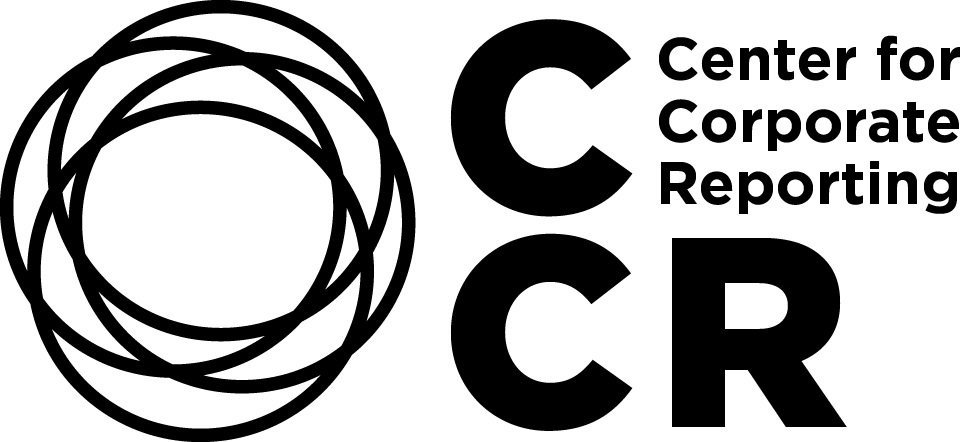From Vision to Reality: Clariant implements AI in integrated reporting
For an extended period, the utilization of artificial intelligence (AI) for the preparation of integrated reports was considered a visionary concept. However, the specialty chemicals company Clariant is now leading the way with an innovative approach. The AI assistant “Clarita” aims to enhance the quality of the integrated report while freeing up resources for other critical tasks.
By Yvonne Schneider and Kai Rolker
Investors and other stakeholders have already been analyzing annual reports using AI to gain insights into a company’s potential. AI systems themselves are becoming a new target audience that companies must specifically address. Reports must be written in such a manner that machine readers can assess the company’s ability to generate shareholder value.
Meanwhile, the pressure is mounting: stakeholders demand more sustainability metrics while feeling overwhelmed by the length of reports. AI can help create concise summaries. Additionally, the costs of and demands on corporate communications are growing. Increasing productivity in report creation is becoming a key factor. AI allows advanced features like cross-report analysis to pinpoint redundancies and inconsistencies in messaging, as well as text checks against corporate style guides. Notably, authors can leverage the AI as a sparring partner, simulating roles such as auditors or business executives.
Clariant aims to address these challenges with Clarita: the report quality should improve while freeing up resources for regulatory requirements and strategic management. Clarita is based on Anthropic’s AI Claude and leverages Clariant’s cloud infrastructure for secure data access. Unlike public tools like ChatGPT, Clarita doesn’t learn from user interactions – maintaining confidentiality.
Introducing Clarita was a crucial step in seriously considering AI use in creating the integrated report. However, a critical factor is whether the interdisciplinary reporting team possesses the necessary AI competencies. AI implementation is a transformation process – a highly dynamic one. A single training at year’s start isn’t sufficient. The team needs regular information, training, use cases, and encouragement to try new approaches. As team members are at different transformation stages, project management must continuously monitor, address, and offer support when needed. Not only the application but also limitations and rules must be clearly communicated. It’s essential to maintain responsibility for content and never delegate it to AI.
Clariant began with an impulse presentation on AI use in the reporting team. Subsequently, rules and recommendations were distributed. In regular meetings, project management addressed the topic to encourage experience exchange and new impulses. Clarita excelled for example in crafting concise product stories spotlighting Clariant’s sustainable innovations. Her ability to simplify complexities into compelling narratives effectively highlighted tangible sustainability achievements.
Another hurdle is collaboration with external agencies. Secure and complete access to an AI model networked with internal data must be coordinated, and implementation planned. The potential efficiency gain is enormous: much information can be independently researched and prepared in the desired style. AI can create capacity for core tasks and improve report quality – when human and machine work together in balance.
About Clariant
Clariant is a focused specialty chemical company led by the overarching purpose of “Greater chemistry – between people and planet”. By connecting customer focus, innovation, and people, the company creates solutions to foster sustainability in different industries. On December 31, 2024, Clariant totaled a staff number of 10,465 and recorded sales of CHF 4.152 billion in the fiscal year for its continuing businesses. Since January 2023, the Group has been conducting its business through the three business units Care Chemicals, Catalysts, and Adsorbents & Additives. Clariant is based in Switzerland.
GenAI rules for reporting team
Data security and protection
- Do not use any GenAI tool other than Clarita.
- Adhere to Clariant’s rules of Information Security.Quality assurance
- Review and verify output against valid and reliable sources or human experts.
- Ensure Clariant's reporting style, tone, and messaging.Continuous improvement and support
- Report limitations, quality issues, and errors to Clariant’s GenAI team.
- Proactively share insights with the reporting team.
Yvonne Schneider
Magistra Artium in Journalism with a focus on Public Relations from the University of Mainz, has been Corporate Communications Manager at Clariant since January 2023 and, in this role, manages the publication of the integrated annual report together with a sustainability expert.
Dr Kai Rolker
is Head of Group Communications at Clariant. Until 2012, he was Director of Marketing Communications at Synthes. He studied philosophy and ancient history and has a Master’s degree in Communication Management.




